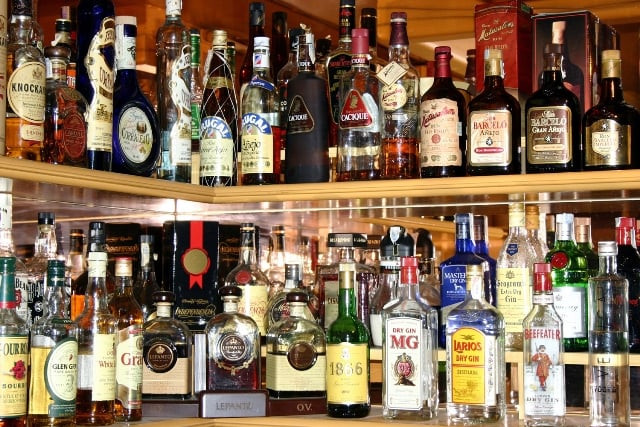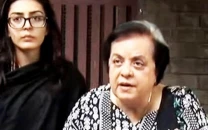Liquor seized outside diplomat’s residence
Liquor seized from outside residence the residence of Ambassador of Myanmar, consignment claimed by Embassy of Syria.

Police raided the consignment when the liquor was being unloaded from the container and claimed only a quarter of the total quantity of liquor in the container could be seized. On counting, the police found 2,190 bottles of different imported brands packed in 220 cartons.
Before opening the consignment on Friday evening, the magistrate of the area concerned and the customs authorities were informed about the seizure. However, only customs officials showed up and ‘disappeared’ after seeing the documents.
Later on Friday, the Embassy of Syria sent documents along with a certificate for diplomatic exemption to the Shalimar area police, claiming that the ‘whole’ consignment belonged to the embassy.
One of the letters, also obtained by The Express Tribune, certified that the carrier bearing registration number TKA-048, was transporting assorted alcoholic beverages and liquors from Karachi to Islamabad and belonged to the Embassy of Syrian Arab Republic’.
In another letter, the Syrian Embassy said that the ‘container of this embassy was being off-loaded at the residence of the ambassador of Myanmar located in F-11/4 due to some unavoidable circumstances’.
Published in The Express Tribune, October 30th, 2010.



















COMMENTS
Comments are moderated and generally will be posted if they are on-topic and not abusive.
For more information, please see our Comments FAQ